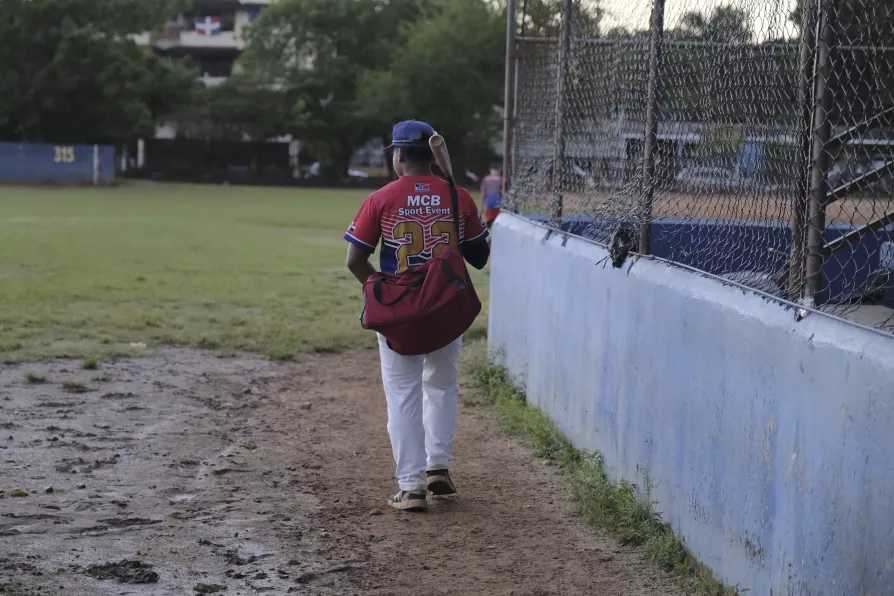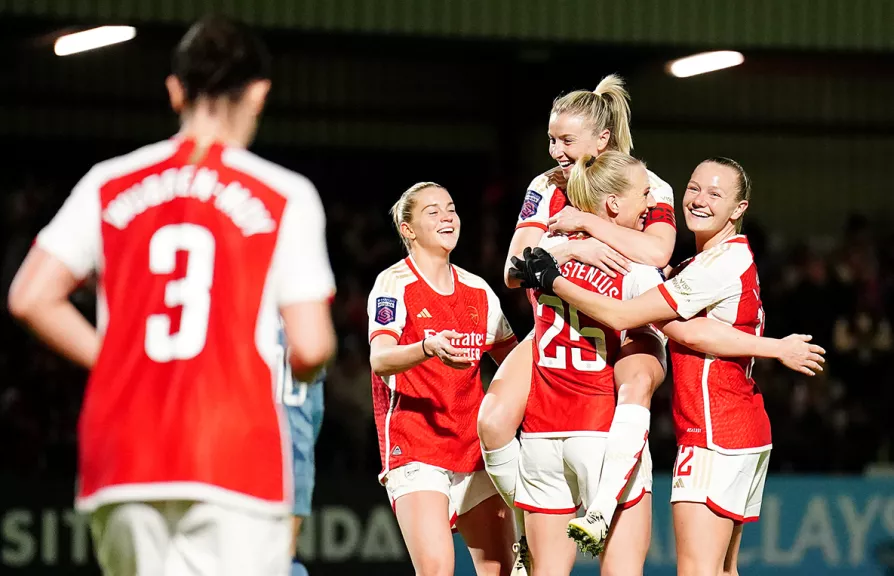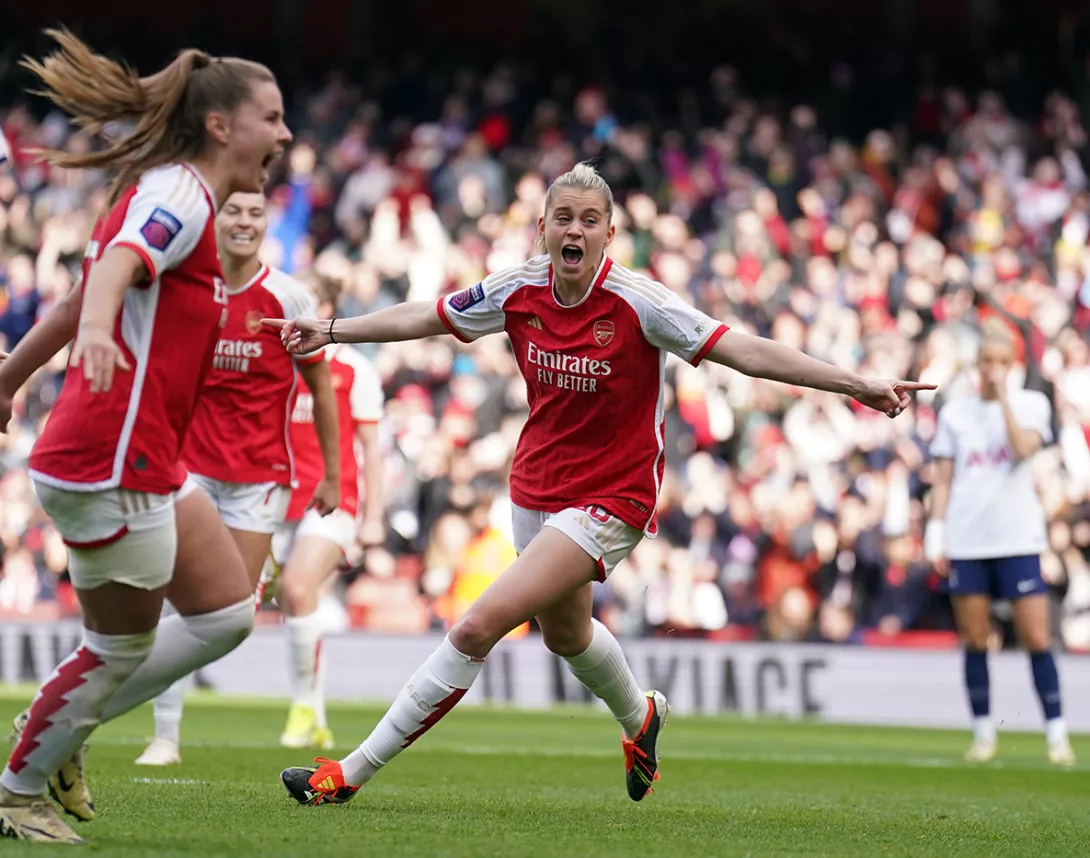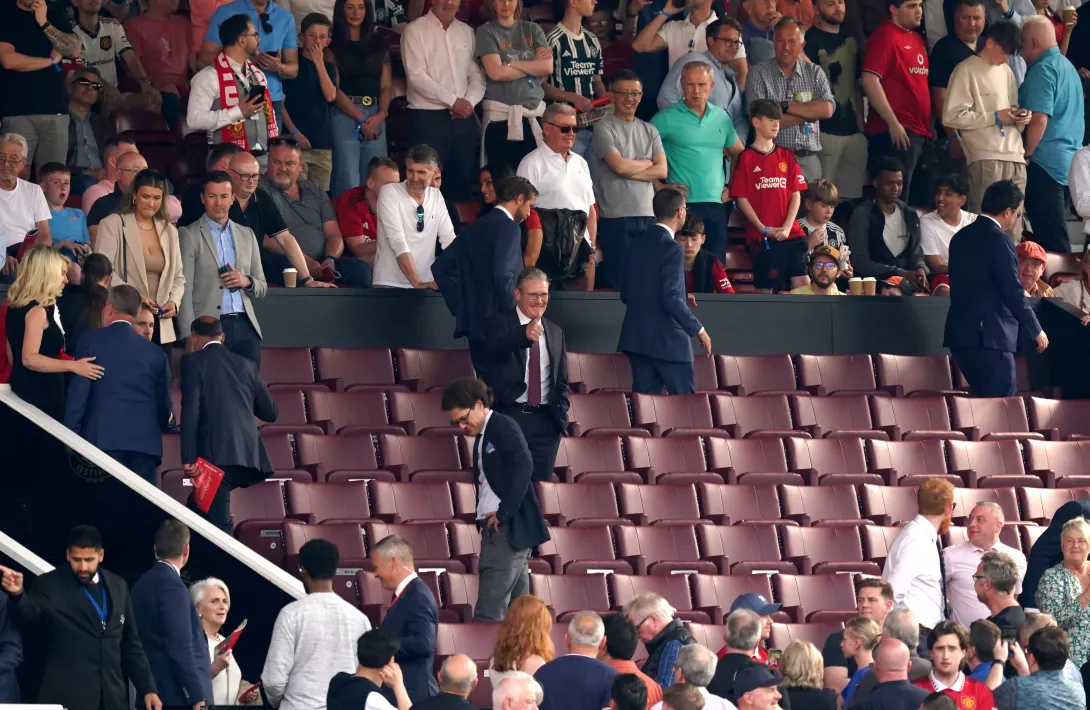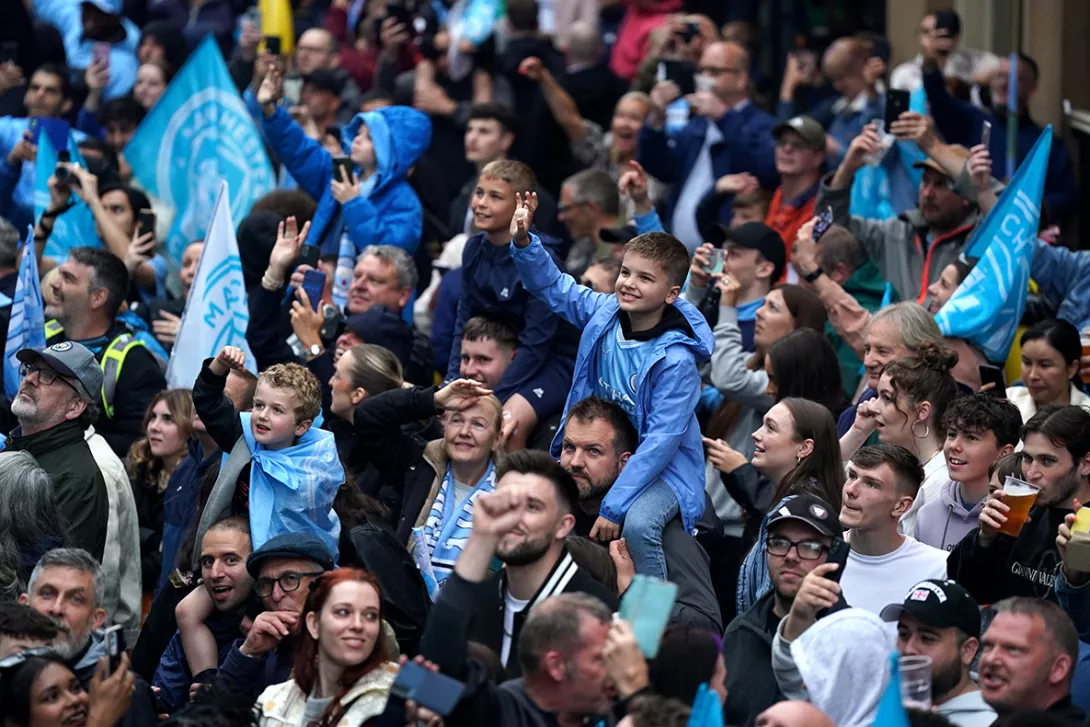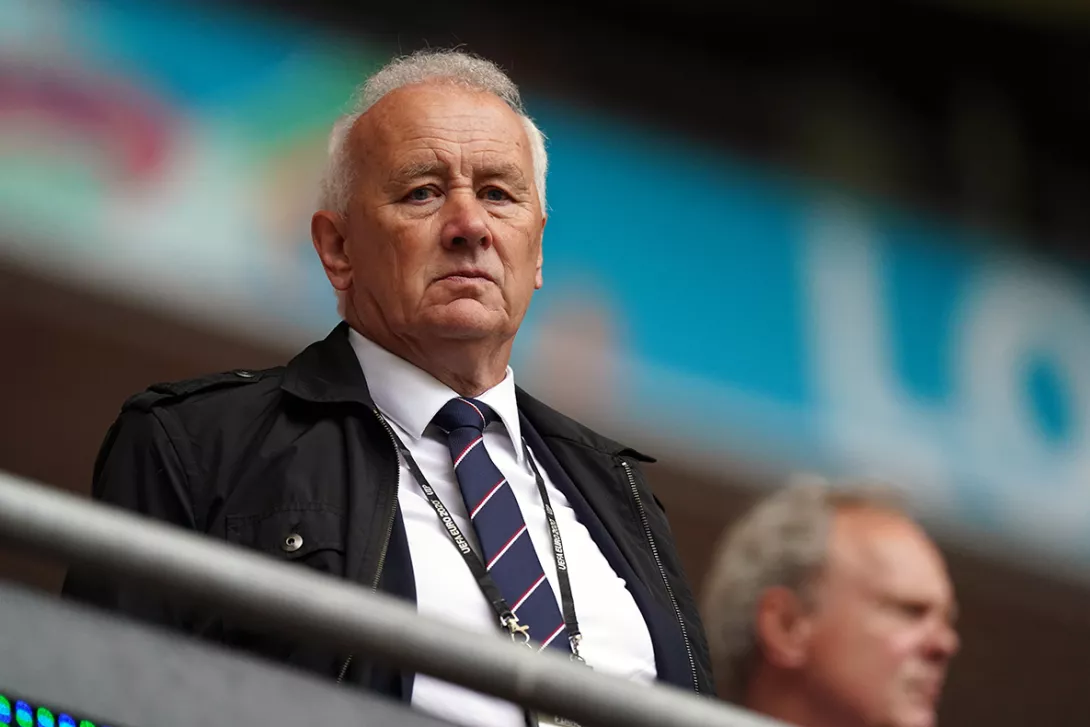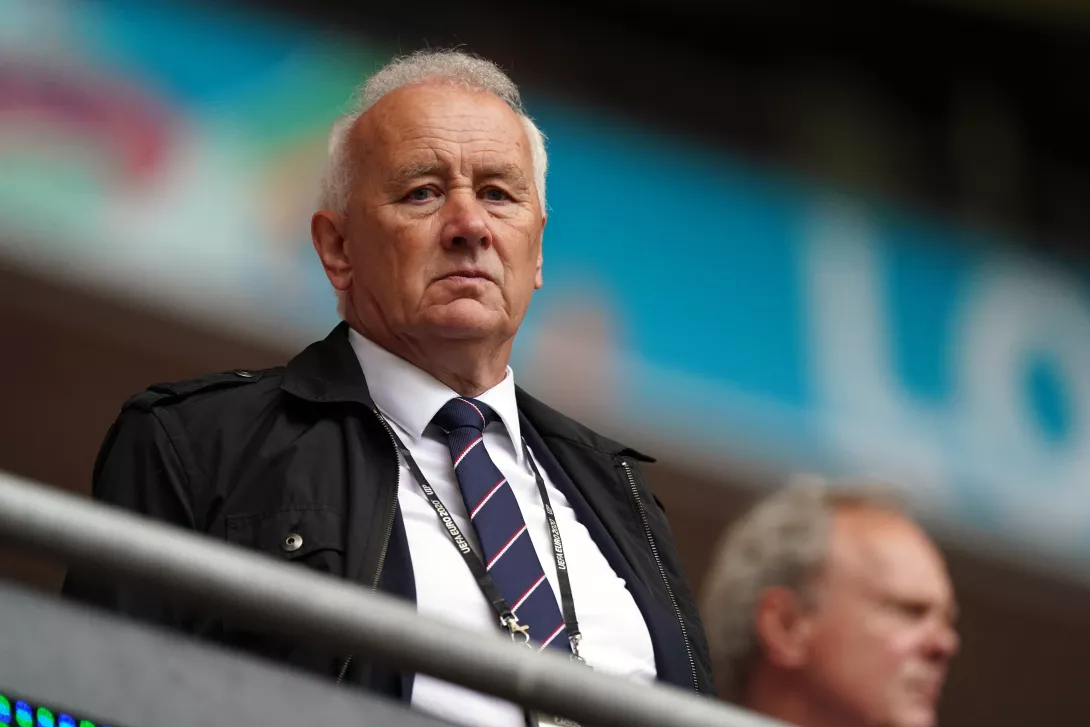FOOTBALL’S independent regulator will be able to impose a “fair financial flow” between the Premier League and the EFL if they are unable to reach a suitable settlement themselves.
The leagues have been deadlocked over the so-called “New Deal” since March, when top-flight clubs halted negotiations over additional funding for the EFL to focus instead on agreeing new Premier League financial controls.
Sources close to the talks indicated to the PA news agency today that there has been no progress even since those controls were agreed at the Premier League’s annual general meeting last month.



